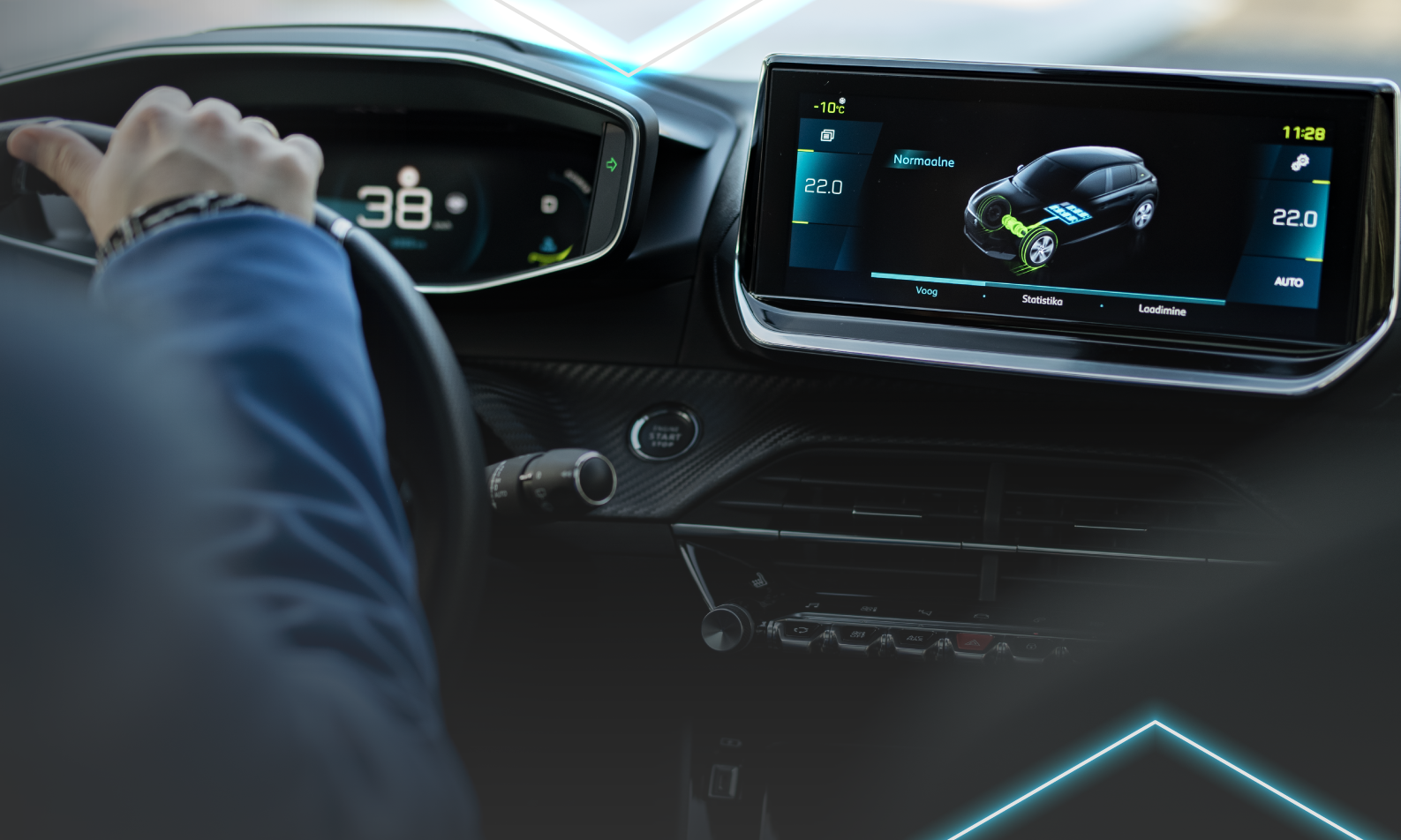The electric vehicle (EV) revolution is at the core of the automotive engineering Industry’s dramatic transformation.
Surging demand for EVs is changing the skillsets companies require to stay competitive and will heat the competition for engineers. For businesses and automotive professionals with both hands on the wheel, there is much benefit to be had by building diversified engineering skill sets.
In this blog, we’ll explore these demands and how they’re driving evolution in the automotive engineering workforce.
Electric Vehicle (EV) Demand: A Reshaping Force
The global demand for electric vehicles is rising fast. As IEA research indicates, electrical vehicle (EV) demand is expected to grow by 35% year-on-year for 2023, including markets such as China and India in addition to Europe and the US. Here’s what is fueling this spike in demand:
Environmental awareness: As concerns about climate change escalate, consumers are increasingly turning to EVs as a more sustainable mode of transportation.
Advancements in battery technology: Battery technology improvements have made EVs more efficient, affordable and reliable— expanding their appeal to a broader consumer base.
Government incentives: Many governments worldwide offer incentives such as tax credits and rebates to encourage EV adoption, further boosting their popularity.
Bridging the Skills Gap: Engineering in the EV Era
To remain competitive and innovative, EV manufacturers have their work cut out for them to recruit highly specialised skill sets:
Electrical core disciplines: Proficiency in electrical engineering is essential as it forms the foundation of EV technology. Engineers with expertise in powertrains and charging systems are and will continue to be in high demand.
Battery technology: Batteries are the heart of EVs, so engineers must possess knowledge of battery chemistry, materials, and energy management to enhance performance and longevity.
Automotive technology: Understanding complex automotive systems, including autonomous driving, connectivity, and vehicle-to-grid communication, is crucial to adapt to the evolving automotive landscape.
The Importance of Software Proficiency
To elevate EV performance, safety and overall user experience, mastering software design and data analysis have long been fundamental requirements.
Now, with the increasing integration of artificial intelligence, cybersecurity and connectivity with smart infrastructure, companies in this space will require a broader mix of software engineering skills.
Vehicle control and automation: One of the major transformations in EV tech involves the seamless integration of vehicle control and automation software. Engineers who can design software architecture for advanced driver-assistance systems (ADAS) will be essential for building systems that contain an interplay of sensors, cameras and lidar that is meticulously programmed to facilitate split-second decisions on the road.
Battery management: Optimising battery performance and longevity is one of the key imperatives of the EV industry, one which demands specific proficiencies in software. Engineers who excel in fine-tuning battery tech will significantly contribute to their companies’ competitiveness and consumer demand.
Building efficient charging infrastructure: Efficient and user-friendly charging stations are another critical piece of the future of EVs. The interfaces and mobile apps accompanying charging stations are also software development products, requiring the right programming and UX skills.
Over-the-air (OTA) updates: Engineers well-versed in this software capability will enable EV products to continually enhance their performance, introduce new features and address security vulnerabilities. OTA updates play an important part in improving the user experience and reducing the need for physical recalls, while making EVs safer and more efficient.
Energy management and efficiency optimisation: From optimising regenerative braking to predicting traffic patterns and making precise adjustments in power delivery, minimising energy consumption is only made possible with the right software expertise. This facet of EV development directly addresses range anxiety and can significantly contribute to the widespread adoption of electric vehicles.
Harnessing data analytics and machine learning: The reservoir of data generated by EVs is a treasure trove for engineers. Usage data offers deep insights into vehicle performance, driver behaviour and component wear.
Predictive maintenance algorithms can forecast when critical components such as batteries or motors may require servicing, thereby reducing downtime and enhancing reliability. These skills are non-negotiable for organisations competing in the future of EV production.
As Electrical Vehicle (EV) demand grows, we may see new and previously unimagined roles within the energy and transportation sectors emerging. Additionally, interdisciplinary collaboration between engineers, environmental scientists and policymakers will be essential to address the challenges and opportunities presented by the intersection of EVs, clean energy and grid management.
Embrace the Change and Reap the Rewards
As the automotive engineering industry further pivots toward EV production, the synergy between traditional engineering disciplines and cutting-edge software development will continue to expand. Cultivating teams with diversified engineering skill sets is key.
For organisations looking to make their mark in this field, mastery of software development and machine learning is not just an advantage. It's a necessity.
At Fields & Rudd, we're dedicated to sourcing automotive engineers from across Europe and beyond, driven by our passion for connecting top talent with innovative and disruptive companies worldwide. Whether autonomous driving, connectivity, e-mobility, or electric vehicles, we pride ourselves as your innovation technology recruitment experts.
Talk to our team today to gain valuable market insights for hiring in this industry and access to our top-line candidates, poised and ready to lead this revolution.

